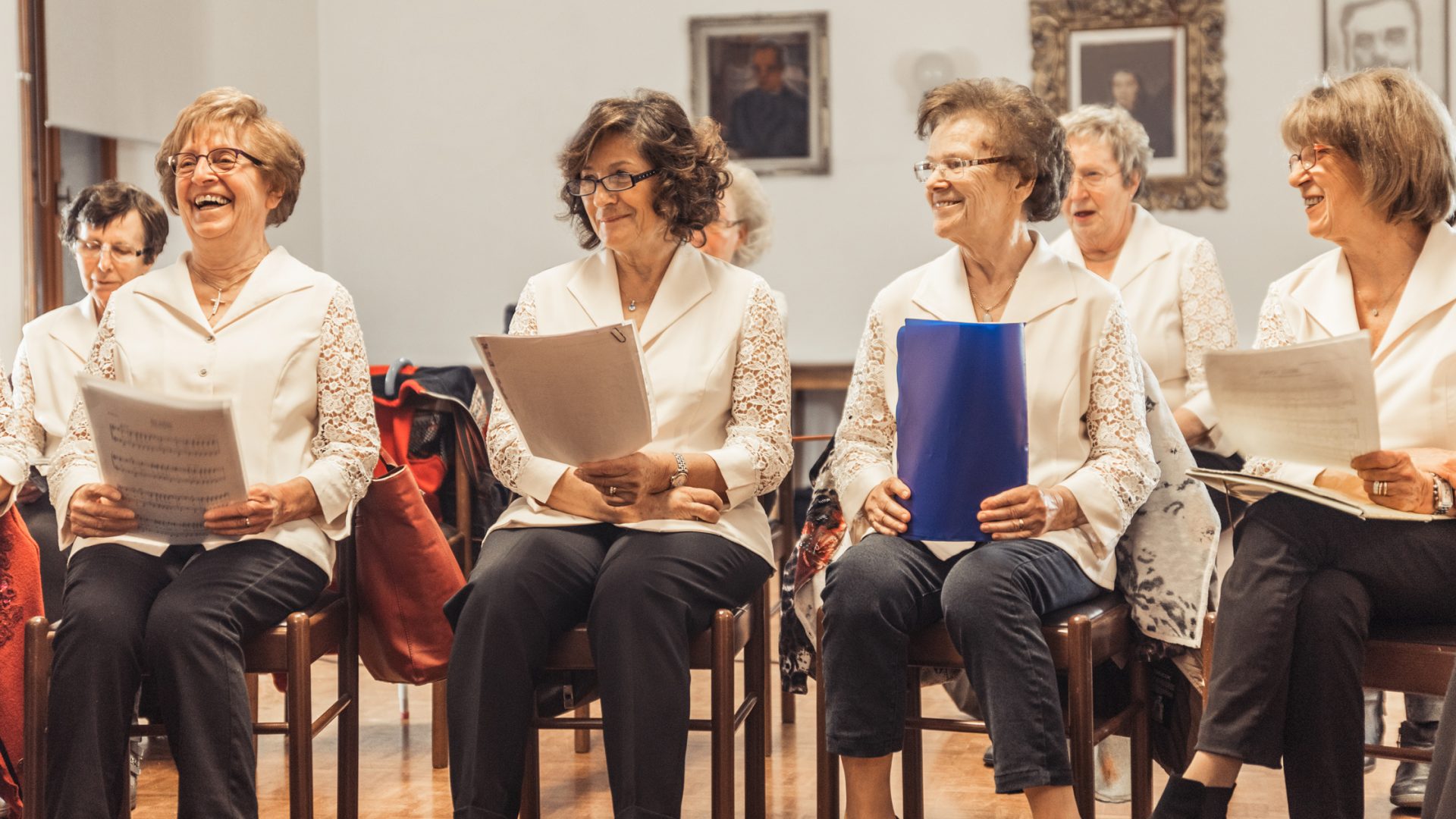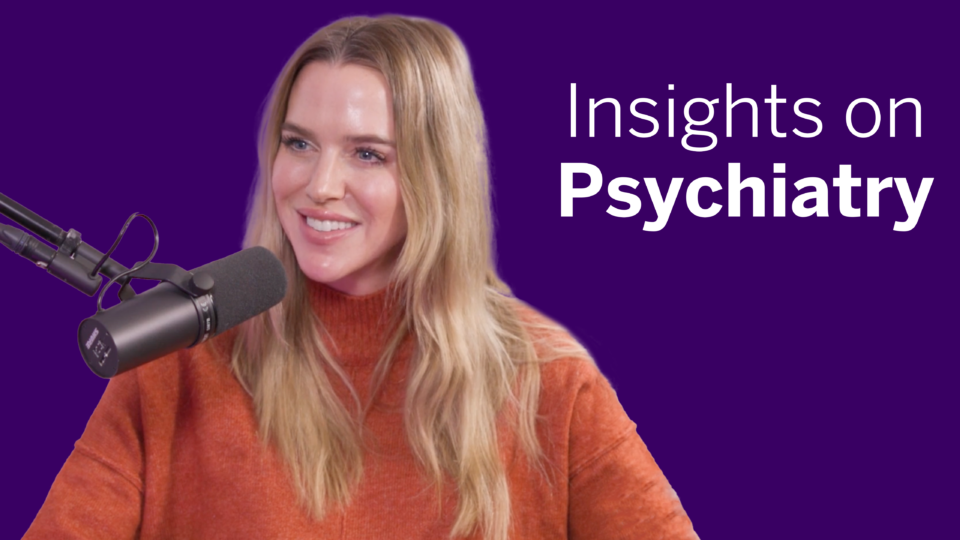Evidence is increasing for music-based cognitive interventions, says Mary S. Mittelman, DrPH, director of the Alzheimer’s Disease and Related Dementias Family Support Program and a research professor of psychiatry and rehabilitation medicine.
For decades, Dr. Mittelman has designed and studied psychosocial interventions to evaluate their benefits for family caregivers and their relatives with dementia. Her work has shown older adults with dementia and their family members both benefit from arts-based activities. Her earlier randomized controlled trials demonstrated that caregivers across demographics benefit from comprehensive counseling and support, which improves their own emotional and physical well-being and thereby helps them to keep their relatives at home.
The evidence from this research has spurred New York state funding for similar programs that include counseling and support, including the one at NYU Langone Health directed by Dr. Mittelman. Her team recently earned an additional five years of state funding to support these efforts through the Alzheimer’s Disease and Related Dementias Family Support Program.
“Psychosocial interventions have proven to have a significant positive impact on persons with dementia and their caregivers.”
Mary S. Mittelman, DrPH
“There is no drug yet available that can prevent or cure dementia, but psychosocial interventions have proven to have a significant positive impact on persons with dementia and their caregivers,” says Dr. Mittelman.
With her colleague, Kendra Ray, PhD, a research assistant professor of rehabilitative medicine, Dr. Mittelman has shown that music can reduce agitation and depression symptoms among people with dementia living in nursing homes. Additionally, Dr. Ray has found patients with HIV-associated neurocognitive disorders benefit from music-based interventions.
The Unforgettables Chorus
In 2011, Dr. Mittelman launched The Unforgettables chorus as an intervention and social outlet for people with dementia together with their caregivers. The project reflected emerging evidence that music-related memories and abilities remain accessible even after dementia onset, Dr. Mittelman says.
“Many people have the prejudice that people with dementia won’t be able learn anything. In a situation in which they are producing music for the enjoyment of other people, our participants with dementia in the early to middle stages were able to learn 18 new songs for every performance.”
A pilot study of the chorus, published in 2018, found significant quality of life improvements for both people with dementia and their caregivers following participation. Participants stated that benefits included belonging to a group, having a normal activity together and learning new skills. Since the pandemic started, chorus practice has been held online where it draws an even larger crowd—an average of 75 participants each week, Dr. Mittelman says. She notes the chorus has also served as a model for others around the United States and elsewhere.
Looking Beyond Alzheimer’s and Dementia
Prevalence of cognitive disorders among people with HIV/AIDS has increased over the past few decades due to extended lifespans afforded by antiretrovirals, Dr. Ray explains, which has increased the burden on certified nursing assistants (CNAs).
As part of her dissertation, Dr. Ray developed a 4-week musical intervention specifically for people with HIV-associated neurocognitive disorders and their CNAs. Among 12 affected nursing home residents and five CNAs in the study, Dr. Ray found significant decreases in depressive symptoms among residents and personal achievement improvements among CNAs over the course of the intervention.
“Medicine should include more than a prescription for drugs. Good care for people with dementia and their family members should also include psychosocial interventions.”
“Medicine should include more than a prescription for drugs. Good care for people with dementia and their family members should also include psychosocial interventions such as counseling and support, as well as arts-based interventions that can improve quality of life,” Dr. Mittelman says.
Moving Toward Standard Practice
Drs. Mittelman and Ray’s studies are supported by many others touting the benefits of music-based interventions to alleviate neuropsychiatric symptoms. A long-term goal is to standardize approaches and study designs to analyze benefits more deeply. This includes assessing and quantifying psychosocial benefits between patients and caregivers.
Still, Dr. Mittelman says the work to date provides clear evidence for the value of integrating music and other arts into the lives of people with dementia and their family members.
Additionally, tailored interventions that include caregivers keep more patients living in the community, rather than nursing homes, saving millions of dollars in direct care costs.






